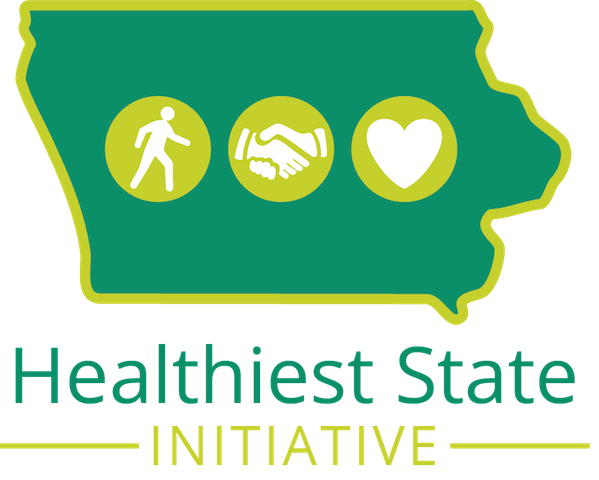Vanessa’s Story
Vanessa Cano Zelaya experienced her first panic attack when she was 3. She was visiting Honduras with her parents — her father was born in the country before moving to Des Moines — when the repetitive sound of a rooster set off extreme feelings of anxiety. She was terrified.
Vanessa went through countless more panic attacks as a child, always triggered by loud, repetitive sounds. She wondered why she was constantly worried. Even something trivial, like wearing new glasses, caused more anxiety.
“I always wondered, ‘Why am I different?’” Vanessa said. “’Why can’t my brain stop?’ I just couldn’t shut it off.”
When she was 15 or 16, Vanessa hit one of the low points in her fight with mental illness. She was cheated on and slipped into a depressive and anxious state. She experienced a severe panic attack and was brought to the hospital, all while threatening to hurt herself.
“I just remember I wanted the pain to go away,” Vanessa said. “I thought I was saving the world of me. The teacher would have one less paper to grade. My therapist would have one less person to deal with. It was really hard for me, and really hard on my family.”
Vanessa eventually attended Des Moines Area Community College, where she had her “a-ha” moment and began to learn about anxiety. After transferring to Grand View University, Vanessa hit a second low point. Because of her mental illness, she struggled in school. Her graduation date was pushed out a year. Vanessa lost motivation. She missed classes, fell behind and struggled to return to a state of normalcy.
“In our (Latinx) community, we don’t really understand what mental health is. That’s why I wanted to speak up to show that this is something that goes on in our community.”
She sought out a counselor at college, who helped her understand more about mental illness. Vanessa learned about anxiety and depression and how they can affect the mind. Just having the knowledge of what she was going through — and the fact she wasn’t alone — helped her regain some control over her mental health.
“I started learning that anxiety was actually something I might be going through. I started taking it seriously,” Vanessa said. “It’s been better having that word and knowing I’m not the only one feeling this way.”
Vanessa, 27, still struggles with bouts of depression and anxiety, but she regularly sees a therapist to help her overcome any low points.
“Find what works for you,” Vanessa said. “Just because your friends need to go exercise to feel better, that might not be for you. It can be something as small as reading a book for 10 minutes or seeking medication.”
Vanessa said mental illness is stigmatized in the Latinx community, which made it harder for her to understand what she was going through. When Vanessa was a child, her grandmother used to perform household spiritual remedies to help her feel better. She encourages other Latinx individuals to speak up and find help if they can.
“If we don’t see it, we don’t hear it, it really doesn’t exist,” Vanessa said. “In our community, we don’t really understand what mental health is. That’s why I wanted to speak up to show that this is something that goes on in our community.”



